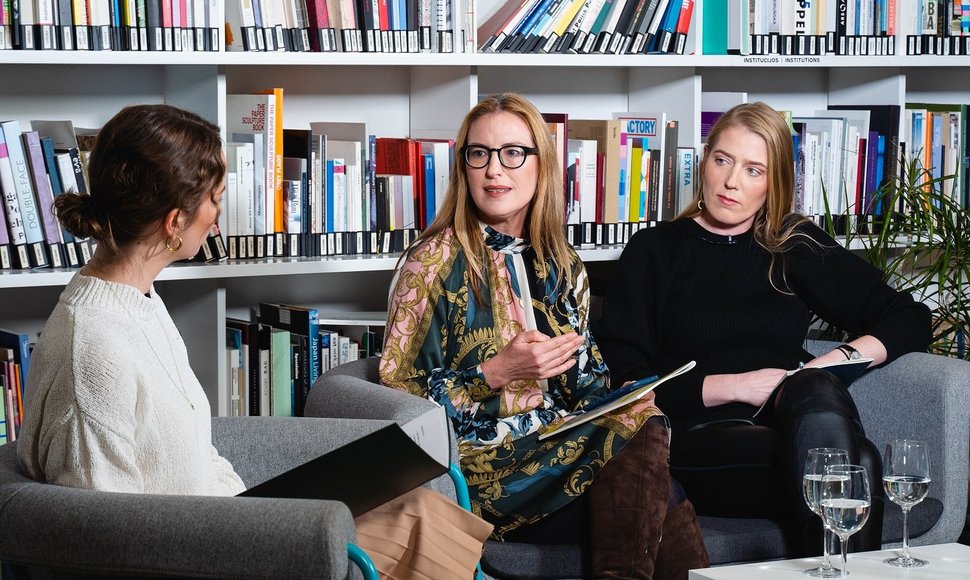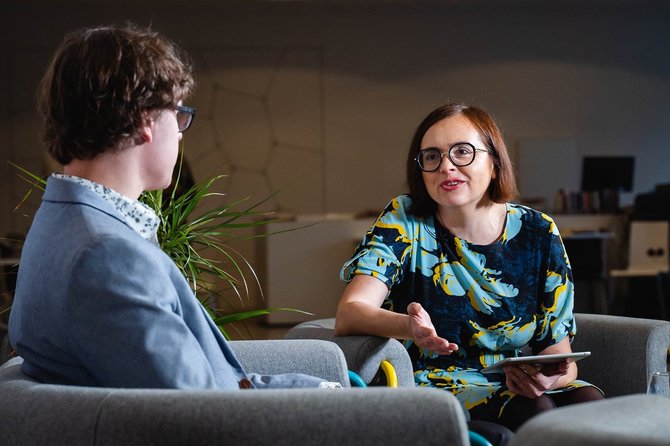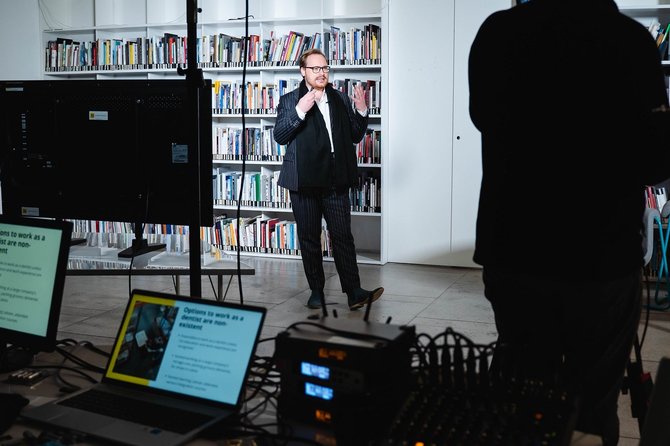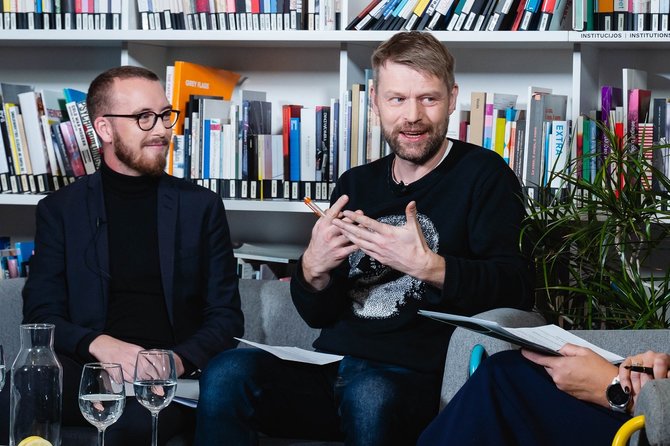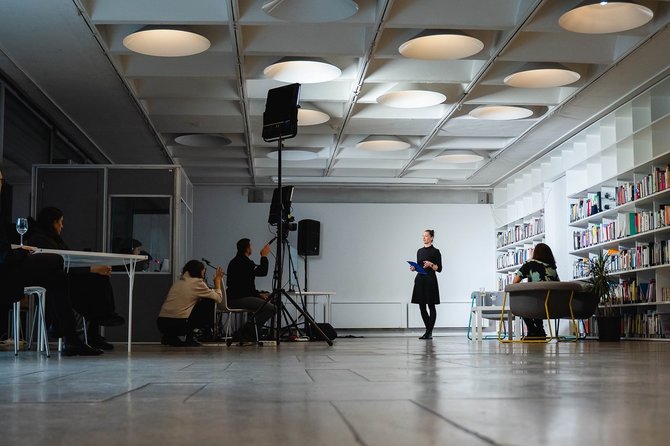Pandemic restrictions, quarantines, limitations on social contacts have disconnected members of society from one another. While we can also achieve good results when we work alone, the impact is greater when we work together. Metaphorically speaking, if we take apart a broom, we can easily break the broomsticks, but we would not be able to break a firmly tied together broom.
"Let's think of the pandemic not only as a time of difficulty but also as a time of opportunity when we can quickly measure the impact of our initiatives on society and implement the boldest and most unexpected ideas," says Jurgita Ribinskaitė-Glatzer, organiser of the Social Enterprise Day 2021 and founder of the NGO Geri Norai LT.
This year, the Lithuanian Social Enterprise Association (LISVA) is implementing a project funded by the Ministry of Social Security and Labour of the Republic of Lithuania called "G-A-L-I-U" (skills-representation-leadership-investment-employment), which has carried out a study on the situation and opportunities of social enterprises at the national level, as well as on the environment of social enterprises in regions.
"We will soon make public the insights from the study, which analyses the challenges the regions currently face and shows the huge potential of social entrepreneurship to address them," says Viktorija Bražiūnaitė, Head of LISVA.
According to Ms Bražiūnaitė, the study shows that the role of the Government of the Republic of Lithuania in supporting social entrepreneurship in Lithuania is still weak and has recently been further diminished by a lack of leadership, vision and concrete actions and plans to foster a social entrepreneurship environment in Lithuania.
At the Social Enterprise Day 2021 conference, foreign social enterprise founders shared their best practices on how to develop their activities and the practical benefits that can be created for society.
Ivan Dimov, the founder of Single Step, a Bulgarian NGO supporting LGBTQ+ youths, shared how one person's determination and stubbornness can bring others together and initiate change. Dimov had been working as an investment banker in New York for many years when he happened to hear the story of a homosexual young man and the struggles faced by LGBTQ+ people in Bulgaria on holiday back home.
"I came back to Bulgaria and founded Single Step. I raised the initial capital for the project - 25.000 USD - by running 12 marathons in 12 weeks in different countries. So now our organisation provides all kinds of support to young people and their families. You can call us on the phone, talk to us virtually. We try to help young people to find their own identity, to integrate into society. We are currently building a community centre where we plan to expand further the range of services we provide," says Dimov, explaining how working together can achieve impressive results.
Agata Teutsch, director of Fundacja Autonomia, an organisation based in Poland that aims to empower girls and women and to eliminate gender stereotypes, stressed that in the face of the threats of climate change, the impact of the pandemic, and the issue of gender equality, we need to come together, make a step – fundamentally change our approach, and work together to find solutions to live in a better society that has room for all.
Speakers from Lithuania, Latvia, Estonia, Bulgaria, Poland and the Nordic countries gave presentations on the inclusion of seniors, migrants, support for young people, children and LGBTQ+ people, and the challenges of building social enterprises.
VšĮ Geri Norai LT was the organiser of the third Social Enterprise Day 2021 conference. The project is part of the Active Citizens Fund, funded by the EEA Financial Mechanism.
